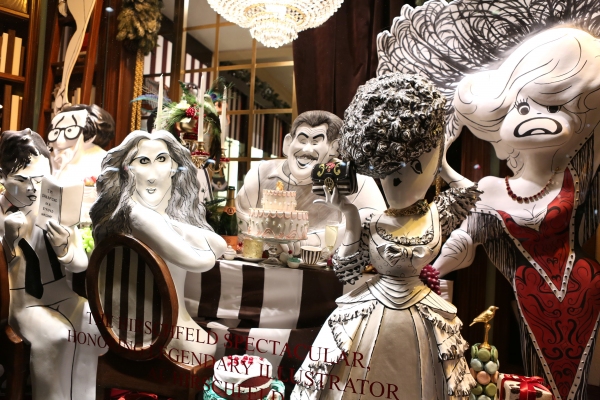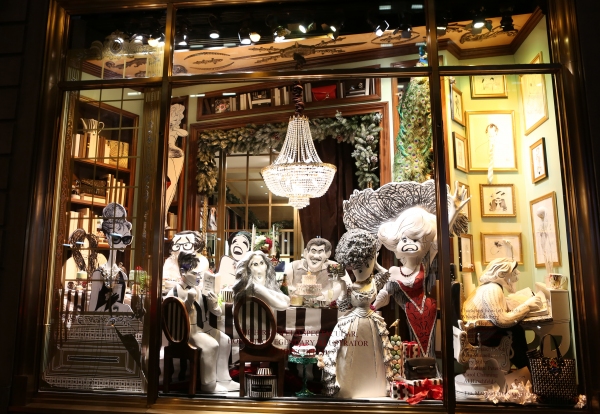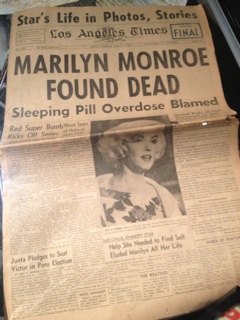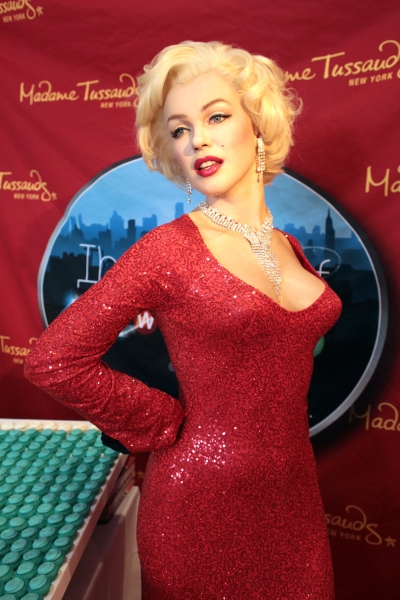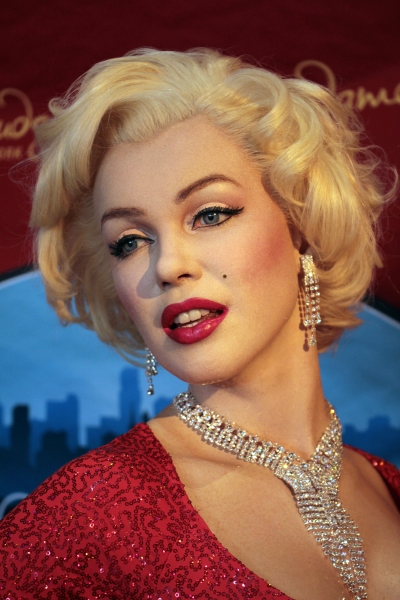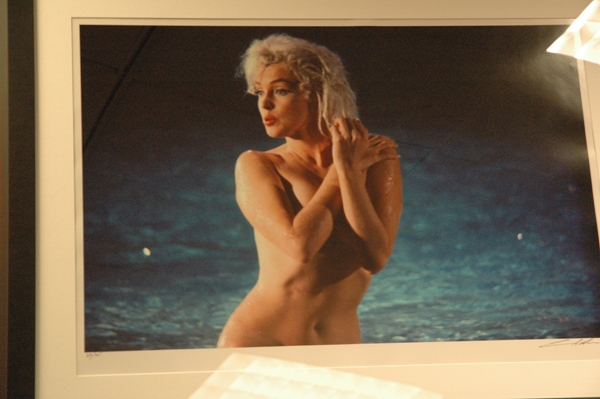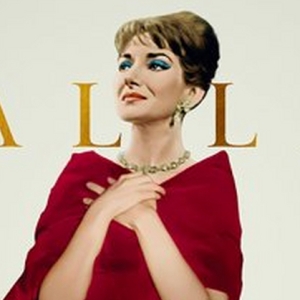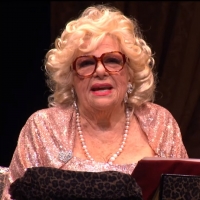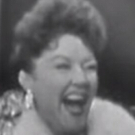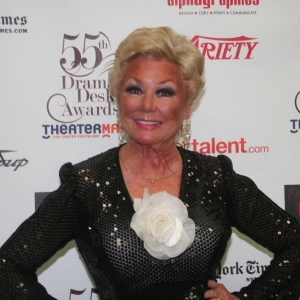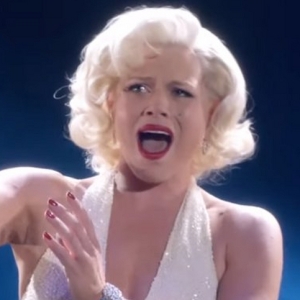Marilyn Monroe
Latest News on Marilyn Monroe:
Review: LITTLE SHOP OF HORRORS at Revolution Stage Company (Nov 12, 2024)
TN Shakespeare Co. to Present TWELFTH NIGHT in December (Nov 11, 2024)
BLOOD BROTHERS Comes to Darlington Hippodrome Next Week (Nov 7, 2024)
Review: LITTLE SHOP OF HORRORS at Revolution Stage Company (Nov 12, 2024)
TN Shakespeare Co. to Present TWELFTH NIGHT in December (Nov 11, 2024)
BLOOD BROTHERS Comes to Darlington Hippodrome Next Week (Nov 7, 2024)
BIO
Marilyn Monroe, born Norma Jeane Mortenson in Los Angeles, California, became one of Hollywood's most enduring sex symbols. Her breakout role came with her performance as Claudia Caswell in "All About Eve" (starring Bette Davis), which earned her critical acclaim and propelled her from minor roles to larger ones. Following this success, Marilyn worked steadily in films such as "Let's Make It Legal," "As Young As You Feel," "Monkey Business," and "Don't Bother to Knock." However, it was her performance in 1953's "Niagara," where she played Rose Loomis—a young wife who plots to kill her older, jealous husband (Joseph Cotten)—that catapulted her to stardom.
After "Niagara," Marilyn's fame only grew, starring in the wildly popular "Gentlemen Prefer Blondes" alongside Jane Russell and "How to Marry a Millionaire" with Lauren Bacall and Betty Grable. Her work during this period earned her the title of the Best New Actress of 1953 from Photoplay magazine, solidifying her status as the quintessential blonde bombshell of Hollywood.
Beyond her film career, Marilyn's life was marked by high-profile relationships, including a marriage to baseball legend Joe DiMaggio, which became a topic of great public interest. Later, on June 29, 1956, she married playwright Arthur Miller, who wrote the part of Roslyn Taber in 1961's "The Misfits" specifically for her. This film, co-starring Clark Gable and Montgomery Clift, was a poignant milestone in her career as it was to be Marilyn's—and Gable's—last completed film. Their marriage, however, ended on January 20, 1961.
Marilyn was known not only for her cinematic roles but also for her connection to the era's notable events and personalities. She famously sang "Happy Birthday" to President John F. Kennedy in 1962, a performance that remains iconic to this day. Marilyn’s life was tragically cut short when she died on August 5, 1962, a death that was ruled a probable suicide. Her passing fueled numerous speculations and theories, including those involving her connection to the Kennedys.
Marilyn Monroe's legacy continued to grow posthumously, not just as an actress but also as a cultural icon. Films like "The Prince and the Showgirl" showcased her versatility, while "The Seven Year Itch" solidified her image as a comedic talent. Despite her struggles, she remains a symbol of Hollywood's Golden Age, immortalized by her work with Century Fox and remembered fondly for her captivating performances and enduring charm.
Videos

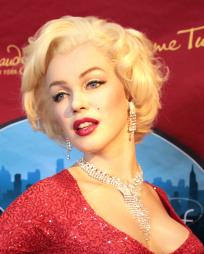
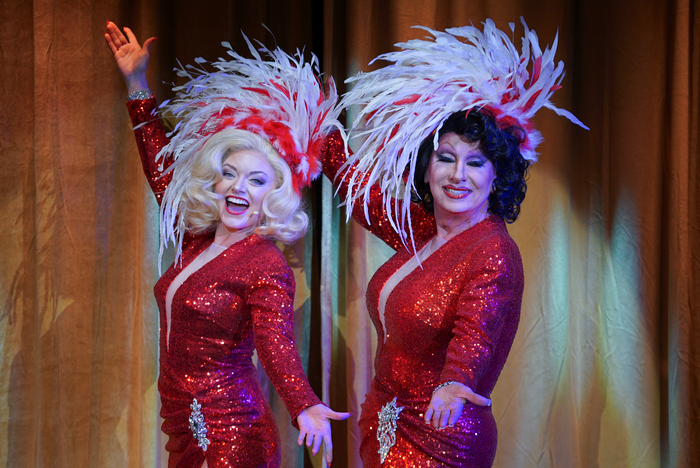
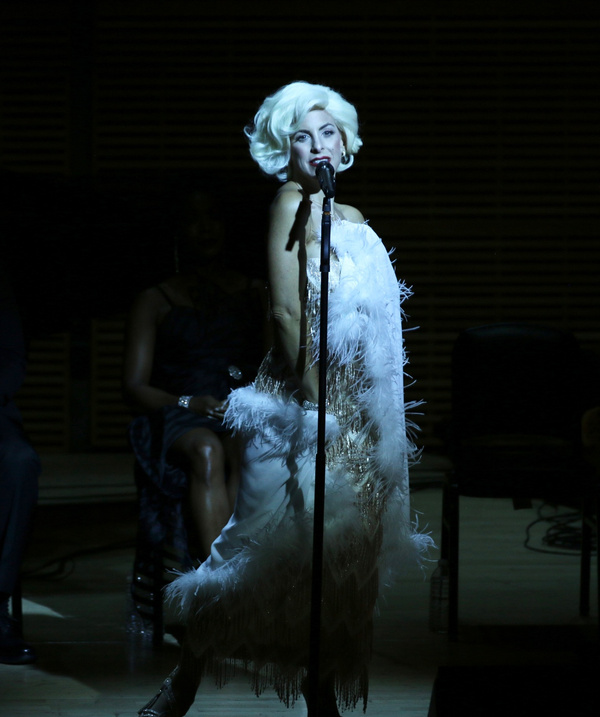
.jpeg)
